Eurowings report of ultra LCC airline decline in Germany is premature
According to Eurowings CEO Jens Bischoff, "the ultra low cost business model is on the decline throughout Germany".
The head of Lufthansa's point-to-point low cost airline said this while announcing plans to replace 95% of the capacity to be withdrawn by the ultra LCC Ryanair Group from Duesseldorf.
The base of Ryanair's subsidiary Laudamotion at Duesseldorf will close from 24-Oct-2020, following the closure of its Stuttgart base at the end of Sep-2020.
This is fighting talk from Mr Bischoff, but may be premature. Europe's three LCC groups - Ryanair Group, Wizz Air Group and Pegasus - have increased their share of Germany-Europe capacity throughout 2020, including the period after fleet groundings. Ryanair Group and Pegasus are cutting capacity by less than the market, whereas Wizz Air is almost maintaining 2019 capacity levels.
Moreover, Ryanair's closure of Laudamotion bases in Germany should not be interpreted as a withdrawal from this market. Laudamotion was restructured when employees did not agree to new terms, and Ryanair now has a new subsidiary, Lauda Europe, to facilitate the opening of new bases across Europe.
TO READ ON, VISIT: Eurowings report of ultra LCC airline decline in Germany is premature
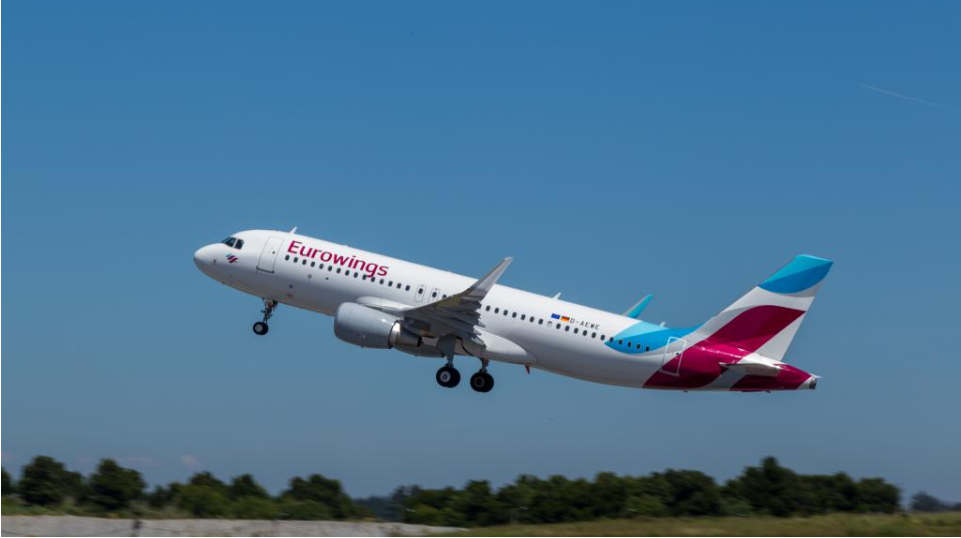
Four-engined widebody aircraft: on a flight path to nowhere
Lufthansa is reportedly considering retiring its remaining A380s and Boeing 747-400s, and most of its A340s. It had already planned to retire six A380s and to base the remaining eight at Munich, rather than at its biggest hub, Frankfurt.
Currently, all of Lufthansa's 14 A380s and its 11 747-400s, together with eight of its 19 747-8s and 28 of its 37 A340 variants, are grounded, according to the CAPA Fleet Database.
Lufthansa's pondering reflects questions being asked in airline boardrooms globally about the future of four-engined widebodies. At the depths of the COVID-19 crisis, the number of four-engined numbers widebodies in service worldwide was down by 55% versus 1-Jan-2020 (compared with -48% for all widebodies), and at 15-Sep-2020 is still down by 48% (-32% for all widebodies).
These figures mask a sharp divide between the two manufacturers: 64% of Boeing four-engined widebodies are now in service (boosted by freighter variants), versus just 17% for Airbus.
It is often said that crises only accelerate trends that were happening anyway. The current pandemic may well accelerate the consignment of four-engined widebodies to the history books.
TO READ ON, VISIT: Four-engined widebody aircraft: on a flight path to nowhere
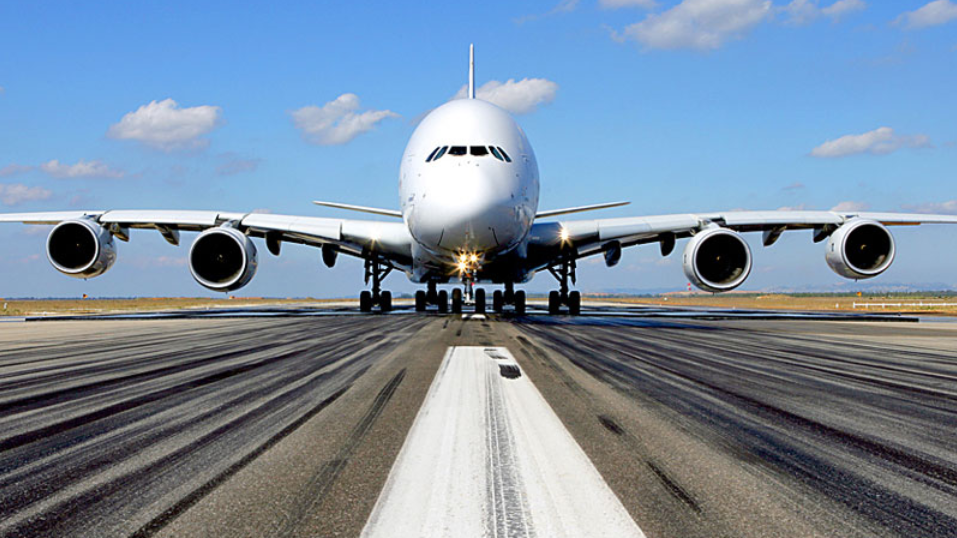
Colombian courts throw a major wrench into Avianca's restructuring
Back in May-2020 when Colombia's largest airline and one of South America's largest operators Avianca filed for Chapter 11 bankruptcy protection, CAPA concluded that it would be hard to fathom that Colombia would let its flag carrier simply disappear.
Eventually, Colombia's government did step up and offer Avianca a USD370 million loan that would be part of a larger financing package for the airline. But the government's support has now been temporarily suspended after a court challenge, creating new uncertainty for Avianca in its restructuring process.
The latest development occurs just as Colombia's commercial aviation industry is getting started again, and as flights slowly restart, Avianca remains the country's largest operator by a solid margin.
TO READ ON, VISIT: Colombian courts throw a major wrench into Avianca's restructuring
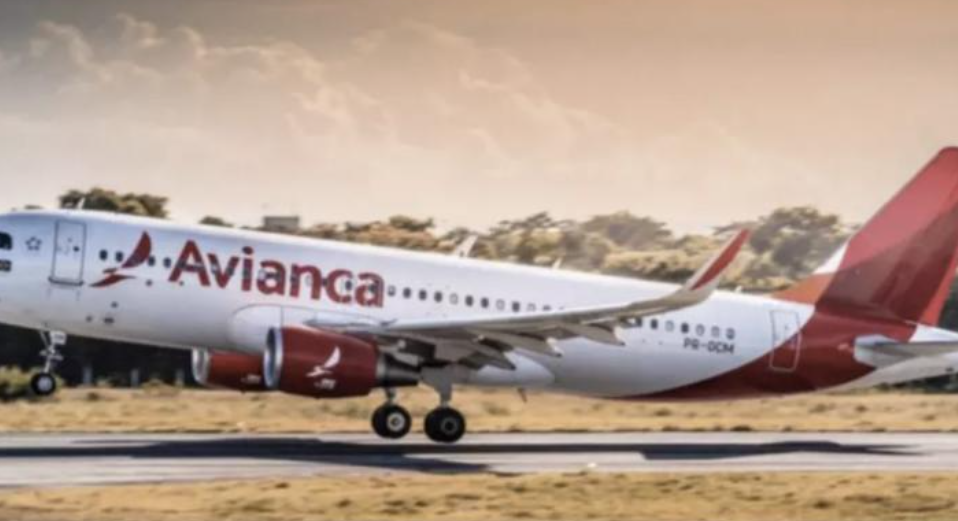
COVID-19 derails major moves in South Korea's airline sector
Recent developments in the South Korean airline industry highlight how much COVID-19 has shaken this market - and how the fallout has affected some airlines more than others.
The pandemic hit during a particularly sensitive period for the Korean airline sector. Major takeover deals involving Asiana Airlines and Eastar Jet had been agreed to but not yet closed, and these moves would have brought significant changes to the industry landscape. But both deals have now collapsed, prompting restructuring for the airlines as they attempt to shape a new course.
Another major change expected this year was the launch of new LCCs, as the government allowed an expansion of this market segment. However, their preparations have been severely disrupted and their debuts deferred by the COVID-19 crisis.
As with most external shocks that have hit the airline industry, the latest crisis will be hardest for the airlines that were already in trouble, or those just getting off the ground.
TO READ ON, VISIT: COVID-19 derails major moves in South Korea's airline sector
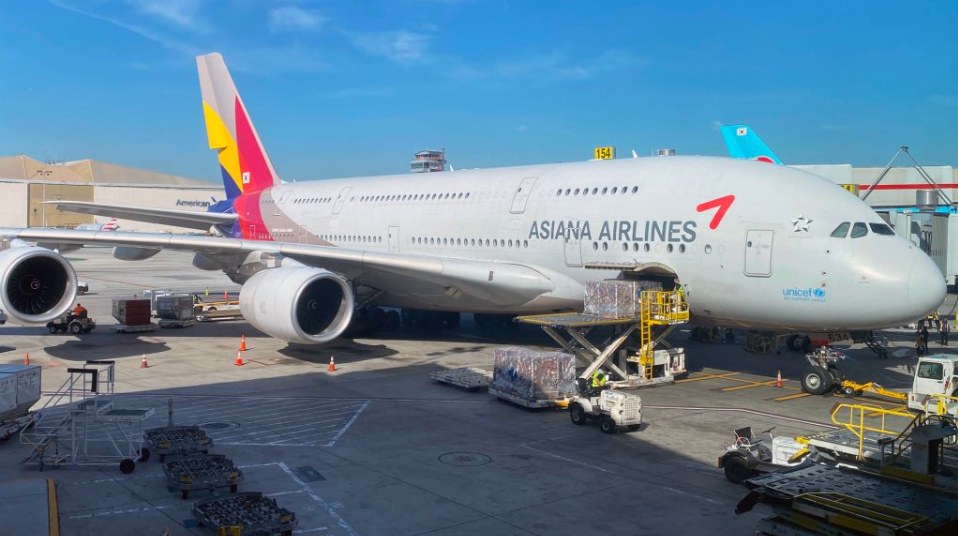
Spirit Air unconcerned about FSC push into leisure markets
Spirit Airlines is unfazed by the rush of full service airlines into leisure markets after the COVID-19 pandemic wiped out business travel, reasoning that its low cost structure remains a formidable shield against changing dynamics in the US market.
In the short term, Spirit is encouraged by some widening of booking curves; however, those booking windows are still short compared with historical levels.
The airline joins operators worldwide in working to build up liquidity and stave off cash burn, but is stopping short of declaring a target to reach a zero cash burn on a consistent basis. To achieve that aim, Spirit has concluded that it will need to increase operations, which can occur one of two ways.
TO READ ON, VISIT: Spirit Air unconcerned about FSC push into leisure markets
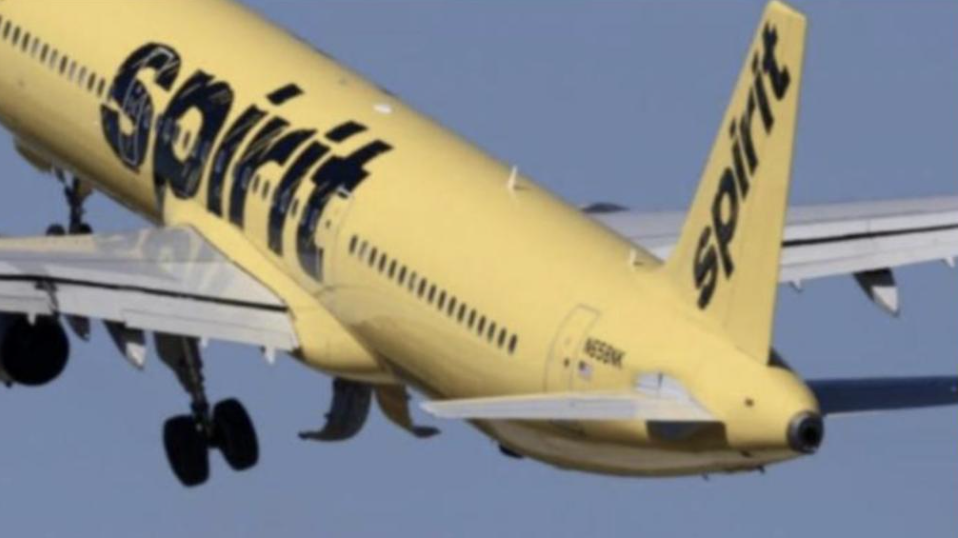
European airline capacity outlook. Uncertainty & COVID-19 cases rise
COVID-19 cases in Europe reached 360,000 in the week of 14-Sep-2020 - 167% more than the week of 6-Jul-2020 and 100,000 more than the first peak in late Mar-2020.
This second wave of the virus, plus frequently changing travel restrictions and quarantine requirements, is weighing more heavily on airline schedules with each passing week.
Europe is now into a fifth consecutive week of deepening year-on-year cuts in seat numbers. Europe's cut of -60.1% in the week of 21-Sep-2020 is deeper than North America's -56.1% and Asia Pacific's -39.9%, but less than Latin America's -66.8%, the Middle East's -66.1% and Africa's -63.5%.
Europe's route numbers have been cut by only 38.2%, so airlines are preserving networks at the expense of the frequencies that are so important for business travel.
With the last full week of Sep-2020 now under way, European capacity derived from schedules filed with OAG for the month is projected at 42% of 2019 levels, down from 45% in Aug-2020. Oct-2020 capacity is currently projected back up to 47%, but with no sign of positive momentum in the short term, this must surely be revised downwards.
TO READ ON, VISIT: European airline capacity outlook. Uncertainty & COVID-19 cases rise

Canada's airlines remain in a dangerous state of limbo
In the Americas, airlines outside the United States have, comparatively, received little government support, and in some cases restrictive border closures have hampered operators in working to develop a short to medium term recovery plan as some leisure demand starts to recover.
That is the case in Canada, where stringent restrictions have remained firmly in place since Mar-2020. The country's airlines have repeatedly pressed the government to adopt a more science-based approach in the way that it navigates travel regulations during the COVID-19 pandemic, but so far no firm guidelines have been issued for changes in Canada's travel policies.
Now, IATA has voiced concern that the prolonged restrictions could trigger permanent economic and social damage, and is urging Canada's government to seek alternatives to the quarantine measures in place.
However, there is no guarantee that the government will heed the warnings of an industry in peril, and the result is Canadian operators remaining in an undesirable state of limbo.
TO READ ON, VISIT: Canada's airlines remain in a dangerous state of limbo
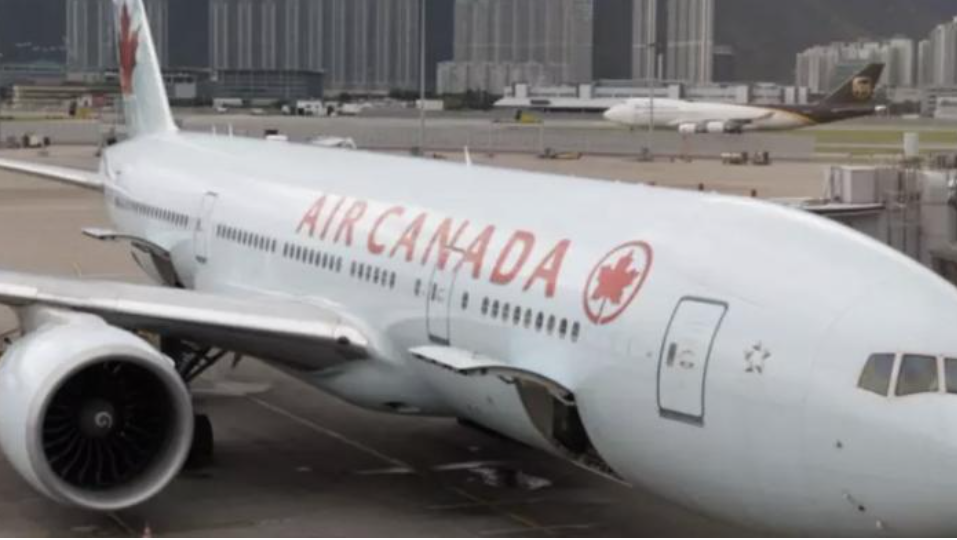
Vietjet: 1.8million cheap or free fares to restore Da Nang service
As the sudden and unexpected outbreak of COVID-19 in Da Nang has been brought under control, Vietnamese air services are returning to something closer to normal.
To help kick start the recovery, Vietjet is issuing nearly two million heavily discounted or free fares.
The LCC has a substantial order book, of which more than half are MAXs, many due for delivery in 2021.
The Vietnam domestic market is fast returning to normal, following the blip, which caused the country's remarkable resurgence to halt briefly.
TO READ ON, VISIT: Vietjet: 1.8million cheap or free fares to restore Da Nang service
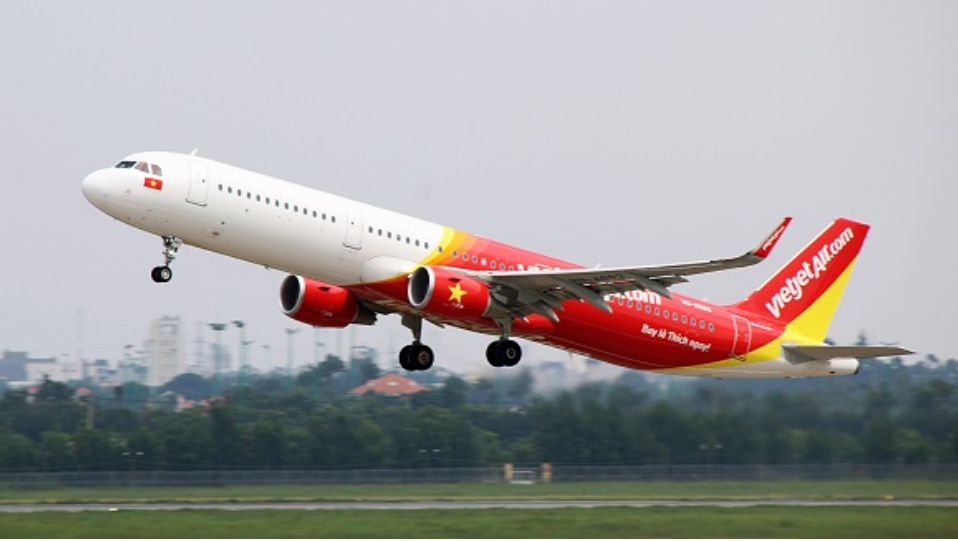
Brazil's Azul and GOL stick to recovery targets for 2020
Two of Brazil's major airlines continue to add back capacity at a faster pace than other operators around the world as demand within the country continues to recover.
Azul remains bullish about achieving its year-end recovery targets, and GOL continues to cite sequential improvement in month to month trends. Each airline is also recording healthy domestic load factors as their daily flights continue to rise.
But those airlines are also working to ensure that their fleets are sized to match demand levels that are much lower than in 2019, which means lease returns, and working with lessors to obtain financial relief in the short term.
TO READ ON, VISIT: Brazil's Azul and GOL stick to recovery targets for 2020
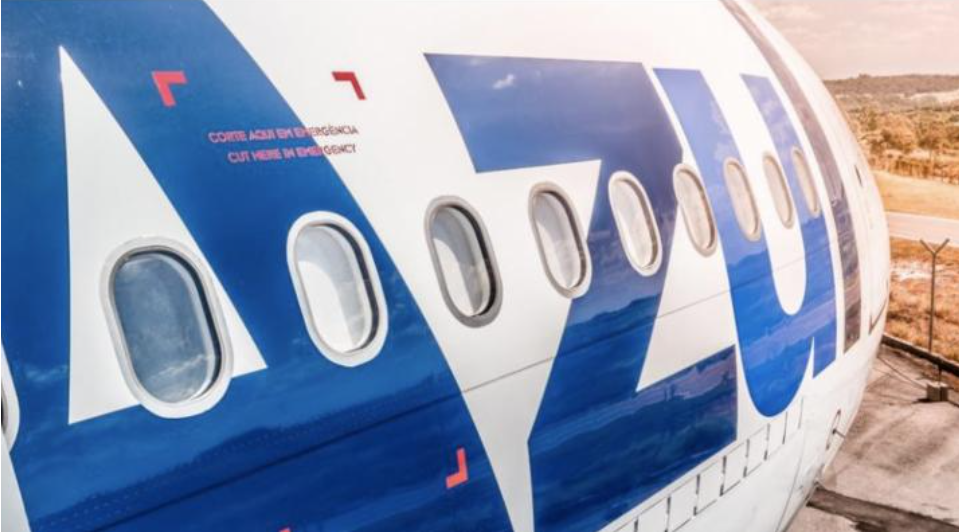
Mitsui-led Japanese consortium wins Hiroshima Airport concession
Over the past 75 years Hiroshima has become a major economic force as well as a tourist destination, with a population that has risen above two million.
Now its airport is being privatised by way of a concession, and appointment of the Japanese companies which collectively make up the winning bidding consortium, with lots of new entrants, is typical of the direction the industry is taking in Japan.
The lack of a large foreign company with much experience of the sector must be of some concern, though, to the Japanese government.
TO READ ON, VISIT: Mitsui-led Japanese consortium wins Hiroshima Airport concession

Airline debt grows: takers for US government loans are dwindling
As the deadline to access loans from the US federal government nears, Southwest Airlines, Delta and Spirit have decided not to pursue that avenue, opting instead to access the markets to continue building liquidity as the COVID-19 crisis continues to result in depressed demand.
After United used its loyalty programme as collateral to raise capital, Delta has raised a whopping USD9 billion backed by its SkyMiles frequent flyer programme. Spirit has also forged new financings backed by its loyalty programme.
All airlines are working to bolster their liquidity as hopes of break-even cash burn appear to be slipping well in to 2021 as demand, while showing some signs of improvement, remains severely depressed.
Delta, Southwest and Spirit will avoid some of the more onerous stipulations associated with the federal loans; but all airlines continue to build up significant debt that they will work feverishly to restructure when some sense of normality returns to commercial aviation.
TO READ ON, VISIT: Airline debt grows: takers for US government loans are dwindling
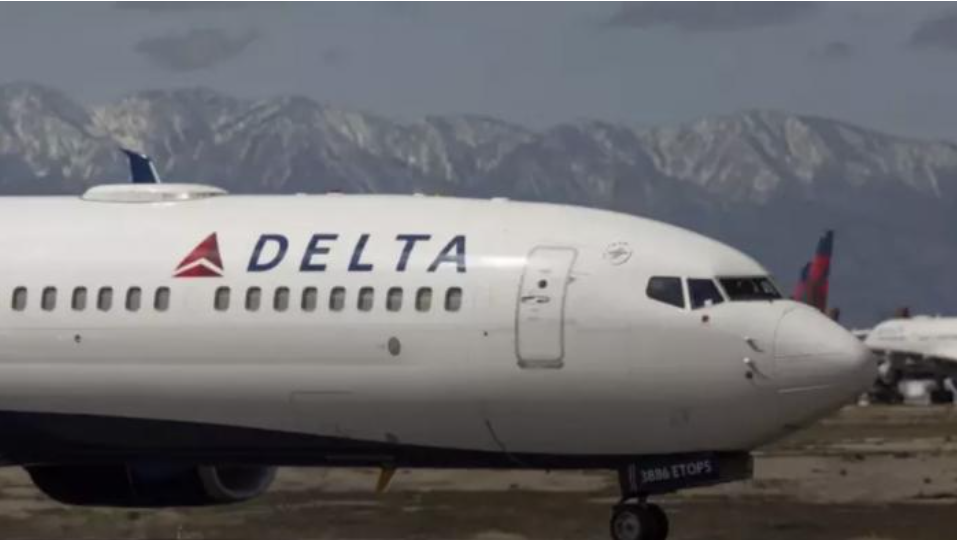
Riga Airport seeks to become a north European air traffic hub
Among what is an increasing number of positive statements being made by airport managers about infrastructure investment, Latvia's Riga International Airport has committed to sticking with its 'sustainable' investment plan, so that it can compete with other airports with the aim of becoming a Northern European air traffic hub.
During the summer of 2020, with the support of the (EU) Cohesion Fund and its own funds, a number of large-scale investment projects worth more than EUR15 million were implemented at Riga Airport.
With so many competitors for that mantle across the region, Riga has got its work cut out, but the direction airBaltic has taken, especially with its fleet selection, could help the airport towards achieving that goal.
The potential is for Europe-Russian Federation hubbing and the development of long haul, with associated short haul feed, and airBaltic is well placed to do the former, having centralised its fleet on the A220 (the old Bombardier C-series). The airline is well positioned to set up a regional 'low cost' hubbing operation that could challenge the majors at their legacy hubs.
TO READ ON, VISIT: Riga Airport seeks to become a north European air traffic hub
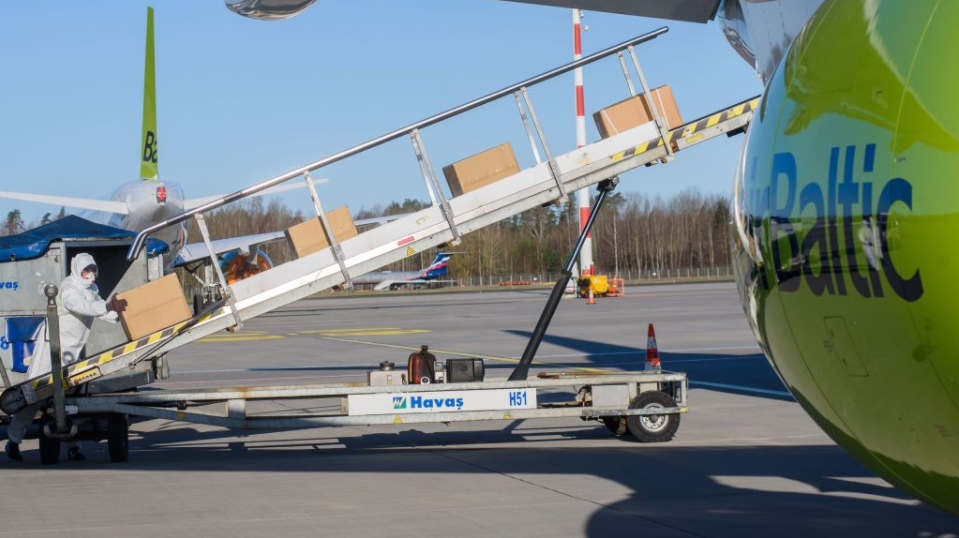
Investors queue up for Bridgetown Airport 30-year PPP
Slowly, airport 'deals' for concessions and PPPs are starting to make their way back onto the agenda in some parts of the world. There has been some activity in the Caribbean in the past few years, notably the concession on the capital city's airport in Jamaica.
Now Barbados, a small country heavily dependent on tourism, moves into the spotlight with a pre-qualification procedure completed for a 30-year PPP project for the operation, financing, development and maintenance of the Grantley Adams International Airport in Barbados. As in Jamaica, the International Finance Corporation is involved in the detail of the transaction.
The quality of the interested parties is high. They include some of the biggest movers and shakers in the business, in a couple of cases working in consortia with local companies. That might be representative of the dearth of alternative opportunities open to them right now, or it might be indicative of the value of their investment (the size and scope of which is not yet clear).
TO READ ON, VISIT: Investors queue up for Bridgetown Airport 30-year PPP
